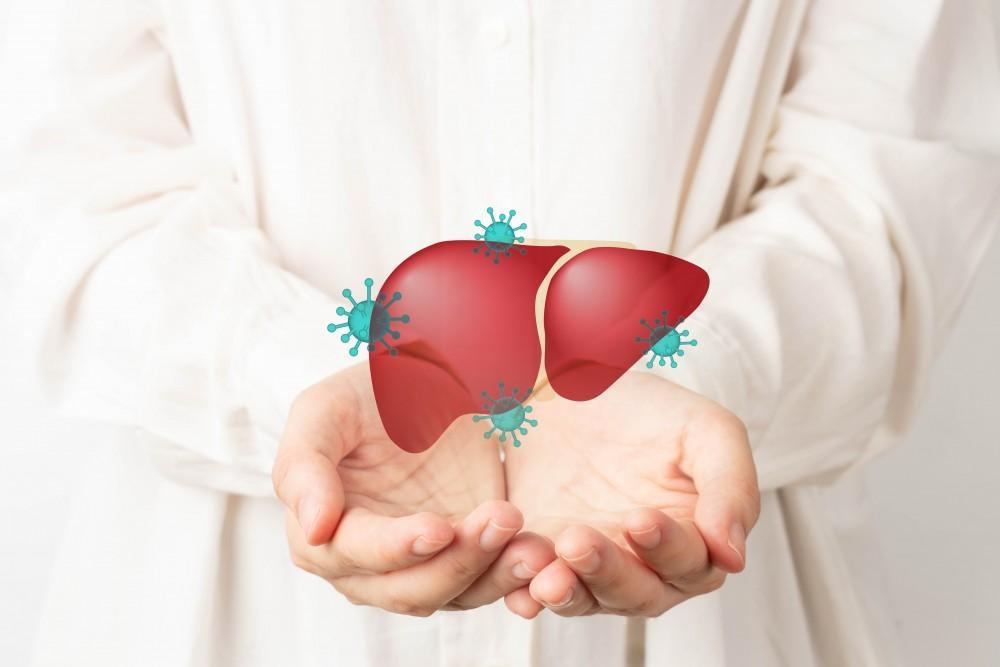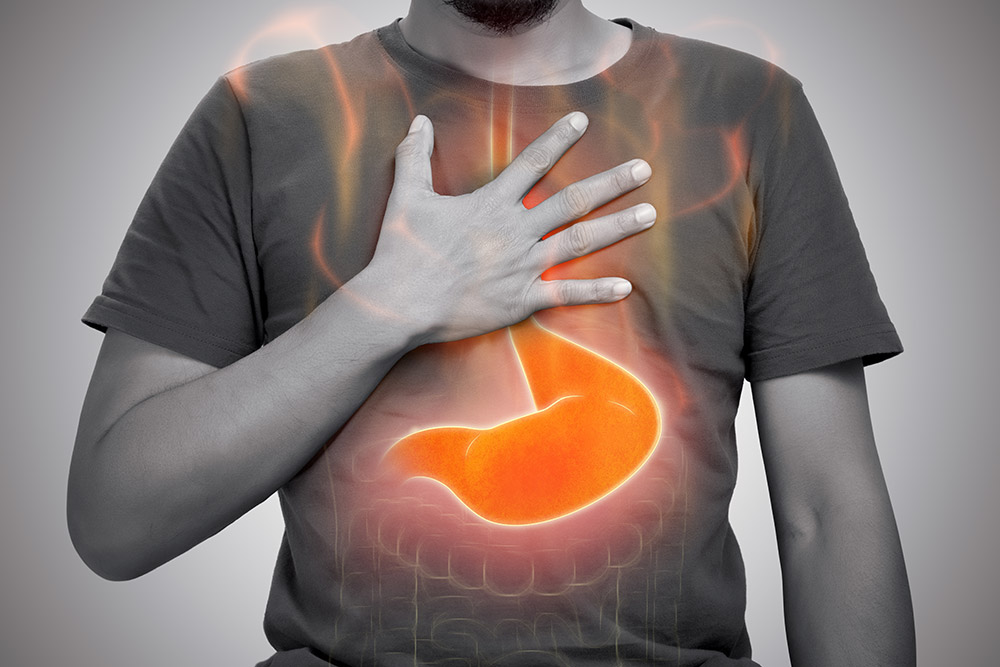What Are Gastric Polyps?
Gastric polyps are small growths in the lining of the stomach, most often found by chance during an upper endoscopy. They are usually harmless, but certain types can turn into cancer if left untreated. The ICD-10 code for gastric polyps is K31.8.
Common Causes and Risk Factors
- Long-term stomach inflammation (gastritis)
- Helicobacter pylori infection
- Regular use of proton pump inhibitors (PPIs)
- Family history of stomach polyps or gastric cancer
- Certain genetic syndromes, such as familial adenomatous polyposis (FAP)
Common Signs and Symptoms
- Often no symptoms in early stages
- Mild stomach pain or discomfort
- Nausea or an upset stomach
- Loss of appetite
- Vomiting
- Fatigue or weakness from iron-deficiency anemia if a polyp bleeds
How Dr. Rishi Chadha Diagnoses Gastric Polyps
Medical History & Risk Assessment
Dr. Chadha begins by reviewing your symptoms, family history of gastric polyps or cancer, and any history of gastritis or long-term PPI use.
Upper Endoscopy
An endoscope is gently guided down your esophagus to inspect the stomach lining. This allows Dr. Chadha to spot even small or flat polyps in real time.
Biopsy & Pathology
If polyps are seen, Dr. Chadha takes a tissue sample (biopsy). A pathologist then determines the polyp type-hyperplastic, fundic gland, adenomatous, or hamartomatous-and checks for dysplasia.
H. pylori Testing
Because Helicobacter pylori infection can drive polyp formation, he often orders a rapid urease test or biopsy culture to confirm and treat this bacteria if present.
Frequently Asked Questions
What are gastric polyps?
Gastric polyps are small growths in the lining of your stomach, often found by chance during an endoscopy. The ICD-10 code is K31.8.
Are they dangerous?
Most gastric polyps are harmless. However, adenomatous polyps carry a higher risk of turning into cancer if left untreated.
What types of gastric polyps are there?
The main types include hyperplastic polyps, fundic gland polyps, adenomatous polyps (higher cancer risk), and hamartomatous polyps.
How are they diagnosed?
Diagnosis is made with an upper endoscopy. If polyps are seen, Dr. Chadha may take a biopsy and test for H. pylori infection.
What is the ICD-10 code?
The ICD-10 code for gastric polyps is K31.8.
Do all polyps need removal?
Small, benign-appearing polyps may only require periodic surveillance scopes. Polyps with higher risk features are removed.
Can medicines help?
Yes. Proton pump inhibitors (PPIs) or H2 blockers reduce stomach acid, and antibiotics can eradicate H. pylori if present.
Is polyp removal safe?
Yes. Procedures like endoscopic polypectomy, EMR, and ESD are minimally invasive, quick, and typically performed as outpatient treatments.
How often do I need follow-up scopes?
Surveillance intervals vary by polyp type and pathology but generally range from every 1 to 3 years.
Does insurance cover this?
Most insurance plans, including Medicare, cover diagnostic endoscopies and treatment of gastric polyps.











